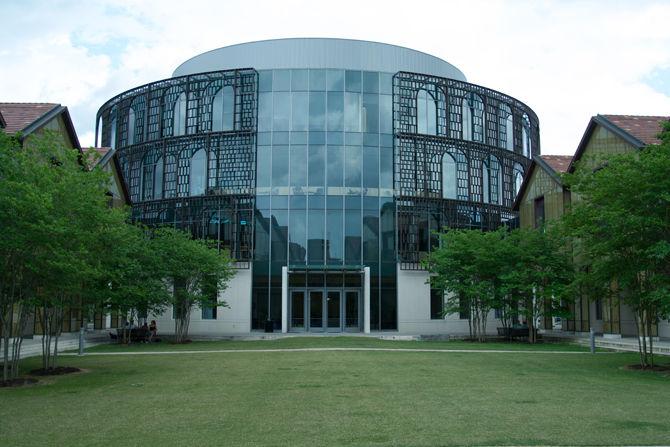As the Louisiana Legislature prepares to enter a third special session to attempt to fix the $648 million budget deficit before July 1, some University programs are at risk of being cut. A recent University study shows how LSU needs to be fully funded in order for Louisiana to nest benefit from its flagship university.
E.J. Ourso College of Business professor Stephen Barnes helped conduct a study regarding the University’s Economic Impact – not only the Baton Rouge campus, but each of the 64 parishes involved with overall LSU system.
Barnes, the director of the LSU Economics and Policy Research Group, studied the significant impact the University makes on Louisiana’s economy. This impact includes long-run benefits that a leading land-sea grant research university offers by helping to drive economic growth with the accumulation of human capital. Barnes also wanted to see how the economic impact of the University should be expected to grow in the future.
Barnes stressed the importance of determining all the ways the LSU system affects the state’s economy.
“We need to look at all of the different ways in which the university system plugs into the economy.” Barnes said. “That includes spending by the university itself, and the university’s employees, and also spending by the students who are attracted by each of [the university system’s] campuses.”
Barnes said it is “useful” to look at the short-term benefits the University provides, as well as the long term. Short-term benefits are measured by dollars that flow in and out of the University every year, but the LSU system also plays a “critical role” in helping to train the state’s workforce for the long-term.
“That’s training our future business leaders, our professionals, our entrepreneurs, and maintaining funding from year to year is important to both of those types of impact,” Barnes said. “In reality, the University will try to find ways of offsetting the short-term cuts, which is typically going to be increasing costs to students, but the university may not be able to fully offset those costs, so there’s an immediate impact to the economy of any budget cuts.”
Barnes added that stable funding is important for the University’s ability to attract and hold onto top talent, who will later live and work in Louisiana. Barnes said public universities have undergone several budget cuts, because the state has been involved in a fiscal crisis over the last few years.
“In the state’s budget, the legislature has, over the years, backed themselves into a bit of a corner, where they don’t have nearly as much flexibility to cut,” Barnes said. “The big focus right now is somewhat of an argument between raising additional revenue to solve this problem versus finding ways to cut. I think the most realistic path forward – short term – for trying to keep LSU’s funding whole is to find ways of raising revenue.”
Barnes said the University may have to make cuts to certain programs, as they face the same budget challenge that the legislature does. Barnes said for the time being, that means higher tuition fees for students.
In regards to the upcoming fiscal year beginning July 1, Barnes said “there may be no choice but to make sacrifices on shielding plans.” He hopes in the long run, the university will develop a “big picture” plan for re-shaping the state.










